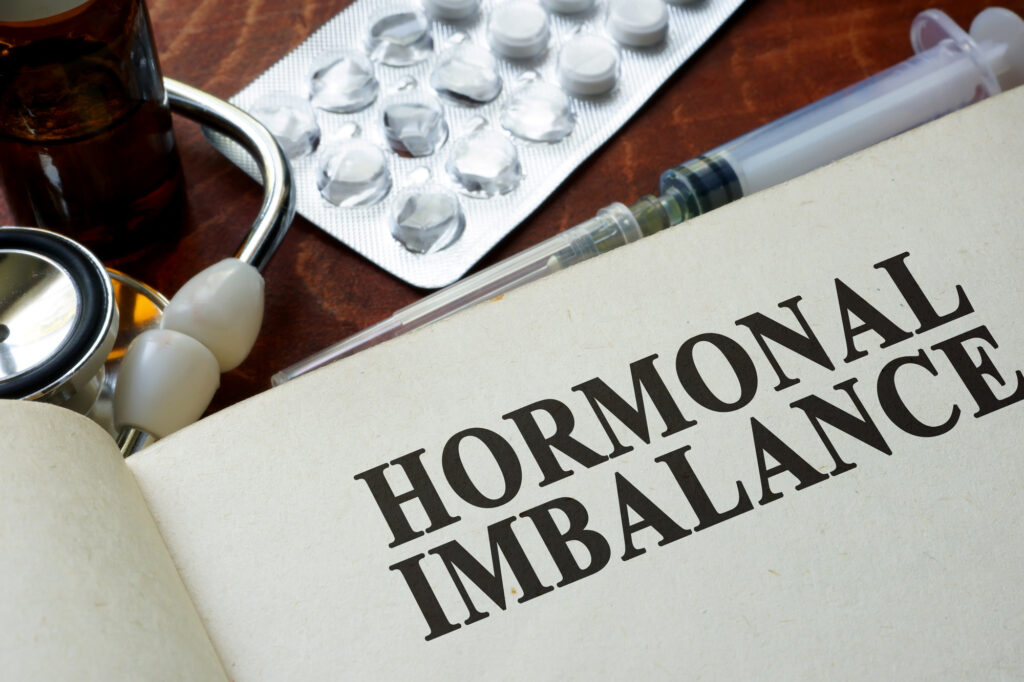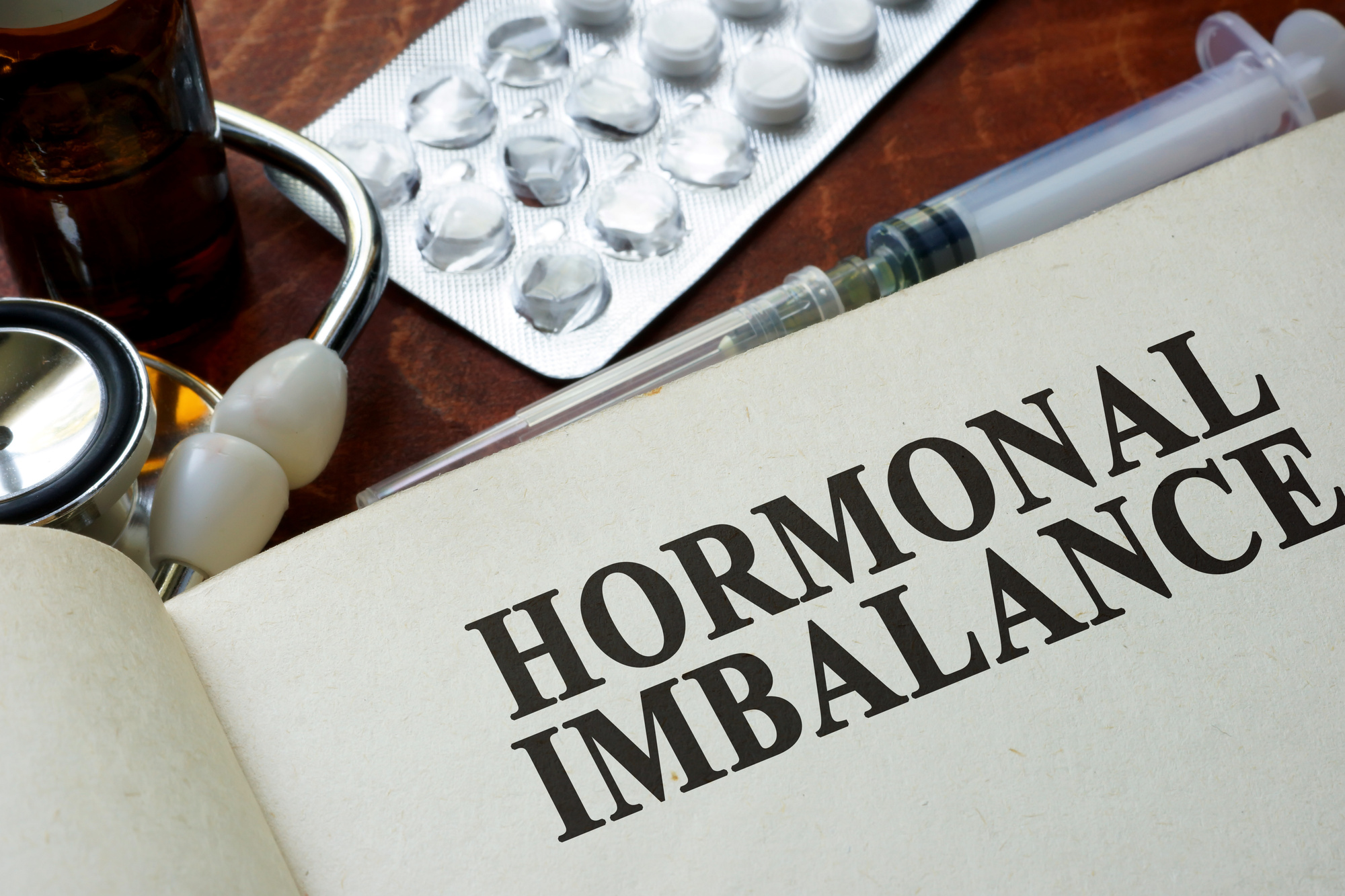What is PCOS?
Polycystic Ovarian Syndrome affects 5 to 10% of reproductive age women. Some studies have recommended that and AMH (Anti-Mullerian Hormone) level greater than 3.8 to 5 ng/mg can be used for diagnosis polycystic ovarian syndrome. AMH can be useful marker in evaluating those with polycystic ovarian syndrome and fertility.
It is common condition in women where multiple cysts are found in ovaries. The cysts that are found in the ovaries are, in fact egg containing follicle that have not developed to their full maturity. This means that eggs which have started to develop in the ovaries stop at an immature stage when they are still too small to be released, and they remain within the ovary. To know more, read my article PCOD/PCOS; Causes, Symptoms and Treatment (sparklinglifestyle.in)
PCOS and AMH:
Women suffering from polycystic ovarian syndrome can be insulin resistant and have higher than normal production of testosterone by the ovaries. The condition is also characterized by an imbalance of other hormones, including sex hormone binding globulin (SHBG), LH and AMH Together, this imbalance can lead to difficulties for women when trying to conceive.
Anti-mullerian hormone can give you information about the number of eggs you have. Low levels of AMH can indicate a decreased ovarian reserve (Fewer egg available for fertilization). Higher levels of AMH may indicate polycystic ovarian syndrome.

What is AMH (Anti-Mullerian Hormone):
Anti-mullerian hormone can be best described as glycoprotein hormone that is related to Activin and inhibin. It is a protein hormone that is very important in helping the development of reproductive organs in a male fetus and it is helpful in keeping the ovaries and uterus healthy. Anti-Mullerian Hormone is made by the follicle in your ovaries. Follicles go through multiple stages. The highest amount of AMH is produced, when they are not yet mature. Anti-mullerian hormone levels increase during reproductive years, peak around the mid-20s and start to fall somewhere is your 30s until menopause.
Aside from menopause, low level can be caused by family history, hypothyroidism, chronic illness, smoking, alcohol and endometriosis. High level is caused by polycystic ovarian syndrome. More follicles mean higher AMH levels but does not mean that egg quality is high. So balancing AMH levels can be really effective way to improve fertility with polycystic ovarian syndrome.
When women are developing ovarian follicles, they will begin to support eggs during ovulation and fertilization. When a woman has more ovarian follicles, the more she will produce AMH in her ovaries. The Anti-mullerian hormone in her bloodstream can actually be measured by how many ovarian follicles are left in her ovaries. This is known as the ovarian reserve. To know more about PCOS and Infertility, read another article, PCOD Diet: foods to manage PCOD/PCOS – Sparkling Lifestyle and INFERTILITY: dietary and lifestyle changes – Sparkling Lifestyle.

How to reduce AMH:
Eat breakfast rich in protein, fats and fiber:
With protein, fats and fiber, you can improve insulin sensitivity, balancing hormones and reduce inflammation. These three are all fantastic for your health goals. For example, Moong dal Chillas, Besan and Oats with lots of veggies Chillas with coconut chutney.
Completely eliminate wheat, milk and dairy products:
Wheat contains gluten, as gluten is directly linked to inflammation, and Poly Cystic Ovarian Syndrome is an inflammatory disease. Women with Poly Cystic Ovarian Syndrome having higher markers of inflammation in many academic studies. Inflammation leads to insulin resistance, imbalanced cortisol and hypothyroidism. On the other side, milk and dairy products have been linked with poor ovulation, increased inflammation, acne and insulin resistance.
Oxytocin and estrogen injections are given to animals to produce more milk. It can lead to hormonal imbalances, estrogen dominance in females, because these injections mimic as estrogen hormones. You can incorporate plant-based home cooked almond milk and coconut milk. These both milks are rich in fiber, healthy fats, vitamin E, calcium, protein, magnesium, vitamin B-complex, low in calories and lactose-free. Instead of wheat, you can incorporate millets in your routine diet.
Millets are rich in fiber, iron, calcium, vitamin E, zinc, protein and they are gluten-free. These both milks and millets help you to regulate blood sugar levels, improve insulin sensitivity, reduce inflammation and balancing hormones.
Manage stress level:
Stress is main culprit for hormonal imbalances and insulin resistance. Research shows that high cortisol levels can disrupt ovarian function and increase Anti-mullerian hormone levels Incorporate meditation, pranayama, deep breathing, yoga, barefoot walking, pursue hobbies and spending time in nature to reduce stress levels. Cutting caffeine from your routine and consume chamomile tea before bed to reduce stress and enhance sleep quality.
Enhance sleep quality with gadgets free zone:
Sleep and hormones are linked together. Without proper sleep, our bodies may not trigger the production of necessary reproductive hormones. It can lead to infertility and high AMH levels. Avoid gadgets before two hours of sleep. Keep your room cold (around 28 degrees Celsius) and do some stretches for getting seven to nine hours of quality sleep. Stress, insulin resistance and inflammation can all improve with good quality sleep.
Supplements:
(Vitamin D3, Co- enzyme Q10, Omega 3 fatty acids). Vitamins and minerals play very crucial role to improve ovulation, balancing hormones, improve insulin sensitivity, stimulate ovarian function and lower AMH levels. Vitamin D3 is great for hormone balancing and reproductive health. Omega 3 fatty acids are another supplement that can provide powerful relief from ovarian cyst, lower AMH and reducing inflammation. Co-enzyme Q10 is known as fertility booster. It is very powerful to boost fertility, stimulate ovarian function, improve ovulation and lower AMH levels.
Conclusion:
Conceiving natural with Poly Cystic Ovarian Syndrome can be difficult, but don’t ever give up hope ever. Because there are so many ways to improve ovulation, boost fertility, boost egg quality, lower AMH and stimulate ovarian function. With the help of these above solutions, you can increase your chances to conceiving and having a healthy pregnancy. To know more, visit my Instagram page.


Leave a Comment